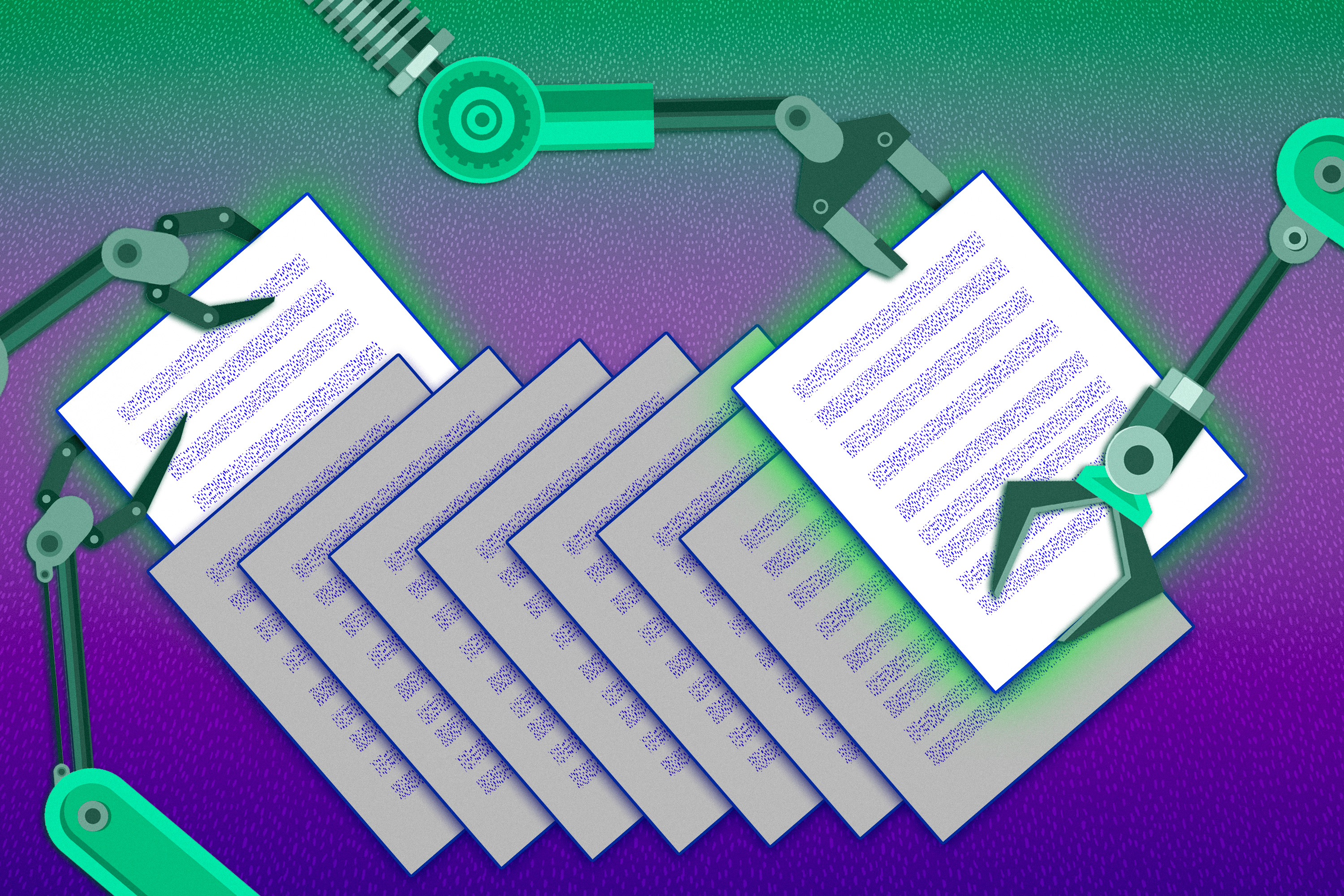Introduction to the AI Monopoly Lawsuit
Elon Musk’s X and xAI are taking on Apple and OpenAI, accusing the tech giants of an AI monopoly to crush their competition. A lawsuit filed in a Texas federal court claims the exclusive partnership between Apple and OpenAI to put ChatGPT on the iPhone is a calculated move by “two monopolists joining forces to ensure their continued dominance.” This partnership allows ChatGPT to be integrated deep into Apple’s operating system, making it the only AI assistant able to control core iPhone features.
The Exclusive Partnership and Its Implications
The deal effectively locks out rivals like xAI’s own chatbot, Grok, denying users a fair choice. Ironically, an OpenAI strategy document states, “Real choice drives competition and benefits everyone. Users should be able to pick their AI assistant.” The lawsuit claims that by giving ChatGPT exclusive access to potentially billions of prompts from hundreds of millions of iPhones, the partnership builds an impenetrable “moat” around OpenAI’s market leadership. This starves competitors of the data they need to improve their own models and truly compete, helping to sustain the alleged AI monopoly.
The Value of Data in the Partnership
The real prize, according to the complaint, is data. Generative AI gets smarter and better with every user question, creating a powerful feedback loop. So valuable is this stream of data that the lawsuit claims OpenAI is giving Apple its technology for free, considering the access “of equal or greater value than monetary payments.” This highlights the significant role data plays in the development and improvement of AI models.
Apple’s Motivations and the Threat of Super Apps
As for why Apple would agree to this, the lawsuit argues it’s a defensive move against an existential threat: the rise of “super apps”. These all-in-one applications combine social media, messaging, payments, and other services into a single platform. As these super apps become more powerful with cloud-based AI services, they make the smartphone itself less important. Users could simply buy a cheaper phone and get all the functionality they need from the app, threatening Apple’s lucrative hardware sales. The complaint alleges Apple is acutely aware of this danger, citing one company manager who warned that letting super apps take over would be like letting “the barbarians in at the gate.”
Allegations of App Store Manipulation
The monopoly lawsuit also accuses Apple of using its iron grip on the App Store to tilt the scales away from specific AI apps. The lawsuit claims that highly-ranked apps from X and xAI are deliberately buried and excluded from the App Store’s prestigious “Must-Have Apps” list, while ChatGPT is prominently featured. This is allegedly backed up by delayed approvals for updates to the Grok app, further hobbling its ability to compete.
Consequences of the Alleged Monopoly
X and xAI argue this conduct harms everyone. By choking off competition, the partnership allegedly leads to less innovation, fewer choices, and higher prices for consumers. The broader AI monopoly lawsuit aims to tear down this arrangement and recover the billions of dollars in lost value and sales it claims to have suffered as a result.
Conclusion
The lawsuit filed by X and xAI against Apple and OpenAI brings to light significant concerns about the monopolization of AI technology and its impact on innovation and consumer choice. The exclusive partnership between Apple and OpenAI, along with allegations of App Store manipulation, underscores the need for regulatory scrutiny to ensure a fair and competitive market in the AI sector.
FAQs
- Q: What is the basis of the lawsuit filed by X and xAI against Apple and OpenAI?
A: The lawsuit alleges that the exclusive partnership between Apple and OpenAI to integrate ChatGPT into iPhones creates an AI monopoly, stifling competition and denying users a fair choice. - Q: How does the exclusive partnership affect competitors like xAI’s Grok?
A: The partnership locks out competitors, denying them access to the vast amount of user data needed to improve their AI models, thereby sustaining OpenAI’s market leadership. - Q: What motivates Apple to agree to this exclusive partnership?
A: Apple is motivated by the threat of “super apps” which could make smartphones less necessary, thereby threatening Apple’s hardware sales. - Q: What are the alleged consequences of this partnership for consumers?
A: The alleged consequences include less innovation, fewer choices, and higher prices due to the lack of competition in the AI market. - Q: What does the lawsuit aim to achieve?
A: The lawsuit aims to dismantle the exclusive partnership and recover losses suffered by X and xAI due to the alleged monopoly, promoting a more competitive AI market.











